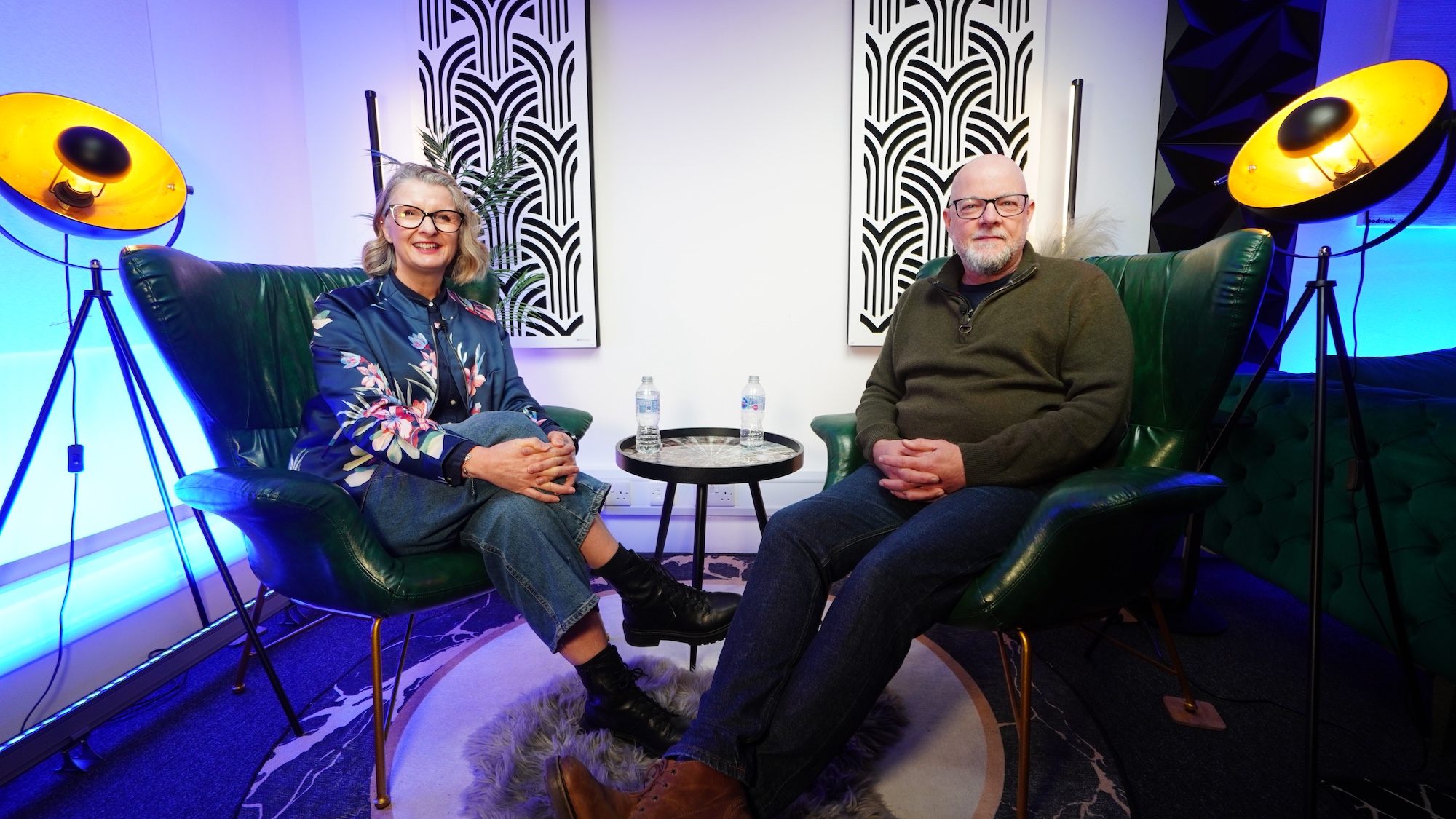
The Fear of Success
by Ed Reid
At first glance, this week’s title seems nonsensical – especially for the people who read this blog. Who doesn’t want to be successful? What’s the purpose of The Alternative Board if it isn’t to help you be successful – both in your business and your personal life?
But for some people, there is a very real fear of success. And while there are millions of words written about the fear of failure, there are far fewer about the fear of success.
So it merits my 800 words this week – but sadly, none of us need worry about success in 2023. The doom-mongers at the IMF have been at it again, predicting a ‘rocky road’ for the global economy and suggesting that UK GDP will shrink by 0.3% this year, putting it among the worst performers in the G20.
But the real confirmation that the end-days are upon us is the news that Tupperware is on the verge of going bust. The company is 77 years old, but that doesn’t make it immune to rising debt and falling sales – underlining another perennial theme of the blog: no one, however well-established, is safe from competition.
Back to the fear of success. Everyone reading this blog will know someone who – consciously or unconsciously – has suffered from it. Who’s been on the verge of something remarkable – and for some reason, it didn’t happen.
You see it in sport – and you most certainly see it in business. People with all the talent and all the ideas but who, for some reason, are nowhere near as successful as we think they should be.
We’ve all heard the term ‘self-sabotage.’ We all know someone it could apply to.
But does that come from a fear of success? Or a fear of the obligations and pressures that come with success?
Is it the fear of reaching your goals? Or fear of the changes reaching your goals could bring?
After all, if you’re successful, if you’ve reached your goals, you have, by definition, set new standards. And those standards have to be maintained. If your test batting average is 50, seeing it drop back to 45 will be viewed as a failure. Every cricket fan knows that 45 is very, very good (Alastair Cook’s average was 45.35), but if you’ve been at 50…
So success brings pressure – even if it is only from yourself. Success also makes you visible. Other people are expecting you to perform. Looking to you for an example – or for inspiration. Suddenly, there’s no hiding place.
What other fears come with success?
People fear responsibility for their team. I’ve written previously (‘previously’ could well mean about eight years ago!) about ‘me an’ a lad’ expanding to ‘me an’ half a dozen lads.’ What about when it’s ‘me an’ thirty lads?’ And when a lot of them aren’t ‘lads’ any more but financial controllers, marketing managers…
Again, we’ve all seen it—business owners who are happy at the ‘half a dozen lads’ stage. But are frightened of the next step: being responsible for 20 or 30 mortgages on the last day of the month.
There’s the fear that you don’t deserve it – the so-called ‘impostor syndrome.’ It’s well-known in creative circles, but I’ve also seen it in business. The feeling that it’s a mistake: that your education, qualifications, ideas – even the business you’ve built – aren’t good enough. You and your business don’t belong in this exalted company. That whatever success you’ve had has been due to good luck – not talent or hard work.
And finally, there’s the fear of leaving your loved ones behind. Sometimes relationships don’t survive failure – and sometimes they don’t survive success.
But isn’t that what TAB is all about? Making sure that you get what you want from work and life? That when you do reach the summit, you’re not looking around for someone to share the view?
In fact, isn’t everything I’ve written exactly what TAB is about?
We have all seen people quit when they were within touching distance of the winning post. In the words of US entrepreneur – and one-time Presidential candidate – Ross Perot, ‘most people quit when they’re just about to achieve success. They quit on the one yard line. They give up in the last minute, one foot from the winning touchdown.’
That’s the whole purpose of TAB. To make sure that you don’t quit on the one-yard line. To give you a place where you can bring your fears: where the only comments you’ll get will be helpful, constructive and 100% supportive.
How many TAB meetings have I sat in over the last 13 years? The back of the proverbial envelope suggests around 800. Not once has anyone brought their fears, worries or concerns to a meeting and been met with half a dozen blank faces. Someone has always gone through exactly what you’re going through: had the same fears and worries – and found a way to overcome them.
The fear of success is real, and it’s not discussed enough. But with the help of your TAB colleagues, it’s simply not a fear you need to have.
Finally, this week I must return to what’s becoming a perennial subject in this blog: artificial intelligence. And now it’s reached football…
Not much more than ten years, and AI and sophisticated algorithms could replace football managers. As one of the headlines had it, Robo Klopp…
Related articles

Kindness in Leadership: The Competitive Advantage Most Businesses Miss
Discover why kindness in leadership drives performance, trust and culture. TABcast insights on psychological safety, coaching and values-led growth.

How Strategic Alignment Workshops Drive Real Execution
Many strategy workshops create alignment in the room — but little action after. Learn how structured strategic alignment drives execution.

Why Accountability Breaks Down as Businesses Grow (And How to Fix It)
As businesses grow, accountability often slips. Learn why it happens and how leaders restore clarity, ownership, and execution.


